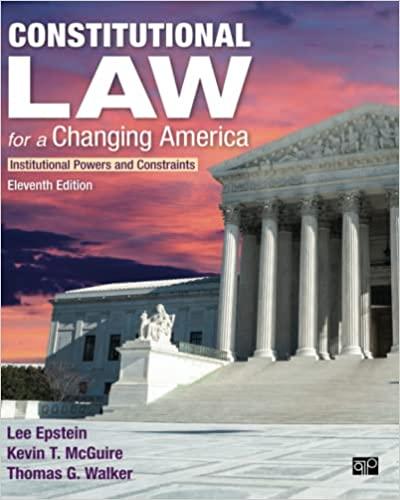Contributory Negligence Preferred over Ex Turpi Causa and Volenti: Hall v. Hebert 44 Hebert owned a "souped-up muscle car." After consuming a large amount of alcohol with Hall, Hebert stalled that vehicle on an unlit gravel road and proceeded to lose the keys. Hebert suggested they attempt a rolling start and Hall asked to take the wheel. Both men were clearly drunk and in the process of rolling the car to start it, Hall lost con- trol of the vehicle. It rolled over into a gravel pit and Hall was severely injured. Clearly, Hebert owed Hall a duty to be careful, which he breached by letting his intoxicated friend drive the car. The issue before the Supreme Court of Canada was whether volenti non fit injuria or ex turpi causa would operate as a complete bar to recovery of damages. For volenti to apply, the Court would have to find that it was clear to both parties that "the defendant assumed no responsibility to take care for the safety of the plaintiff and the plaintiff did not expect him to do so." The Court found that the plaintiff assumed the physical risk, but there was no indication that he had assumed the legal risk as well. As to the application of ex turpi causa, Justice Mclachlan, writing for the majority, stated: [There is a need in the law of tort for a principle which permits judges to deny recovery to a plaintiff on the ground that to do so would undermine the integrity of the justice system. The power is a limited one. Its use is justified where allowing the plaintiff's claim would introduce inconsistency into the fabric of the law, either permitting the plaintiff to profit from an illegal or wrongful act, or to evade a pen- alty prescribed by criminal law. Its use is not justified where the plaintiff's claim is merely for compensation for personal injuries sustained as a consequence of the negligence of the defendant. Since neither ex turpi causa nor volenti applied, the Court was then free to apply the principle of contributory negligence and apportion the loss between the parties. DISCUSSION QUESTIONS The defences of volenti and ex turpi causa are rarely successful today. Instead, the courts demonstrate a preference toward apportioning the loss on the basis of contribu- tory negligence. Is this a better approach or should people assume the whole loss when they are foolish enough to put themselves in harm's way







